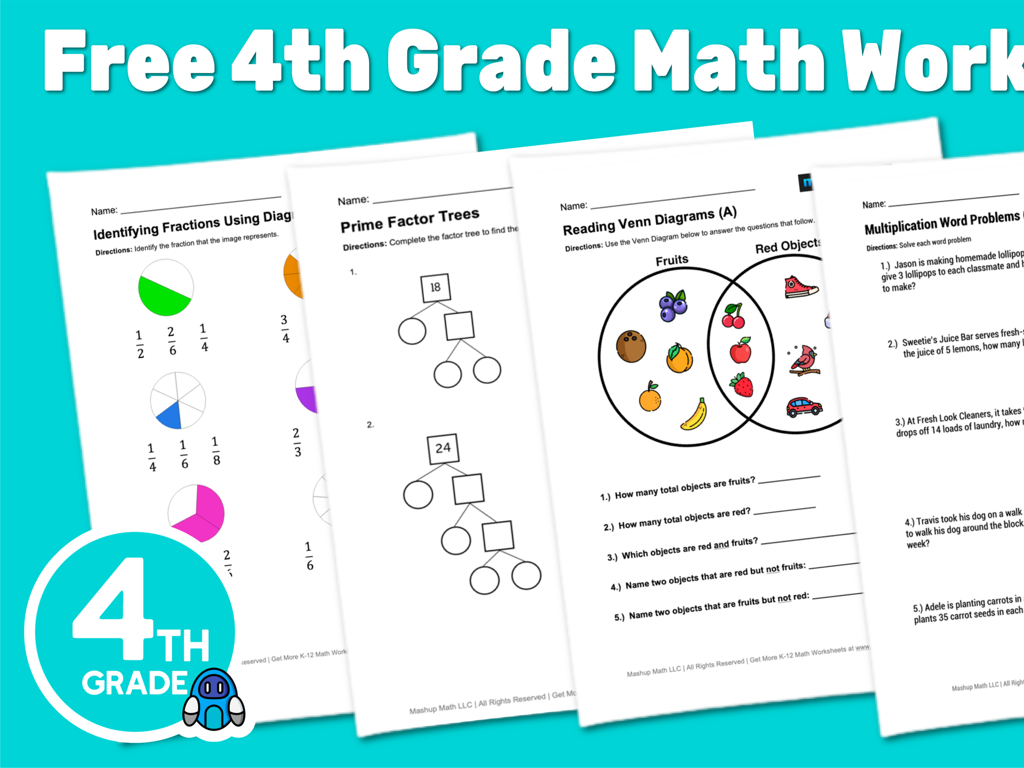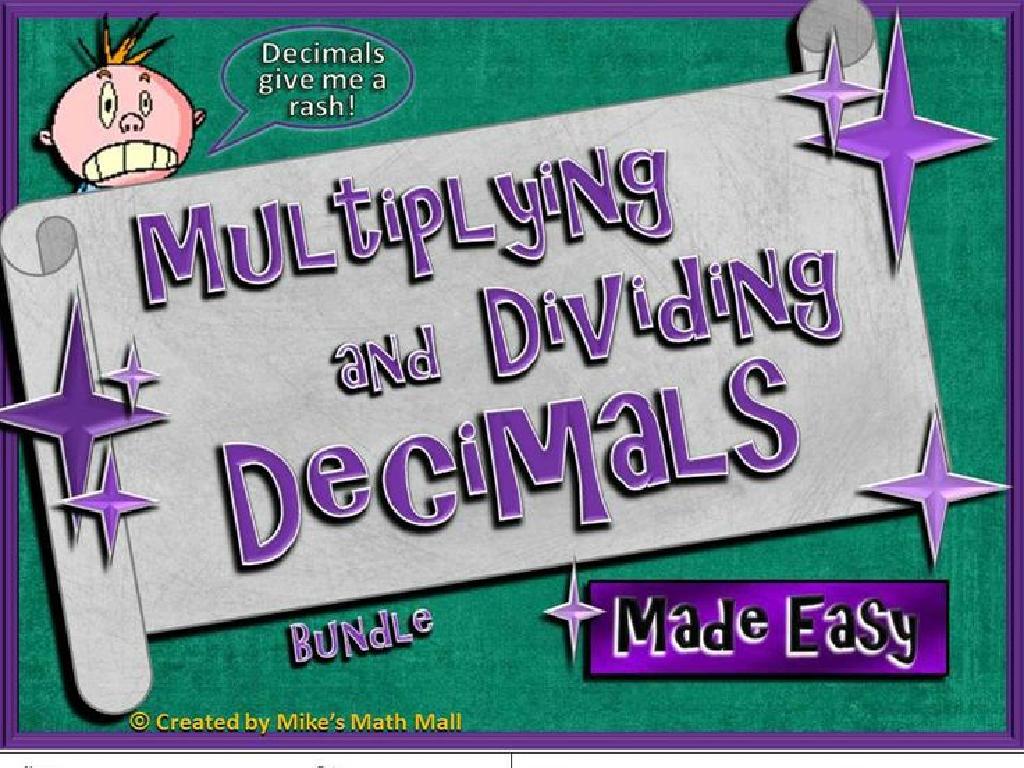Alphabetical Order
Subject: Language arts
Grade: Sixth grade
Topic: Reference Skills
Please LOG IN to download the presentation. Access is available to registered users only.
View More Content
Mastering Alphabetical Order
– Greetings and today’s focus
– What are Reference Skills?
– Skills to organize & locate information
– Alphabetical Order in daily life
– Used in libraries, directories, & more
– Significance of mastering it
– Helps with efficiency & finding info quickly
|
Begin the class with a warm welcome and introduce the topic of Alphabetical Order as a part of Reference Skills in Language Arts. Explain that Reference Skills are tools that help students to organize and find information effectively. Emphasize the importance of Alphabetical Order in everyday life, such as finding a name in a directory, a book in the library, or a file on a computer. Highlight how mastering Alphabetical Order can save time and increase efficiency when searching for information. Engage the class by asking them to think of situations where they have used or could use Alphabetical Order outside of school.
Mastering Alphabetical Order
– What is Alphabetical Order?
– It’s arranging words based on the letters of the alphabet.
– Uses in dictionaries & libraries
– Find words in dictionaries or books in libraries.
– Alphabetical order in directories
– Look up contact information sorted by last names.
– Sing the Alphabet Song!
|
This slide introduces the concept of alphabetical order, which is a fundamental skill in reference and research. Begin by explaining that alphabetical order is a system of sorting words based on the sequence of the alphabet. Emphasize its practical uses, such as finding words in a dictionary, locating books in a library using the Dewey Decimal System, and organizing directories like phone books or class lists. Engage the class with the Alphabet Song to reinforce the order of the letters. This activity will help students memorize the sequence of the alphabet, which is crucial for understanding alphabetical order. Encourage students to practice by alphabetizing a list of words or their classmates’ names.
Mastering Alphabetical Order
– Start with the first letter
– Same first letters, then what?
– If first letters match, compare the second letters of the words.
– Look at second, third letters
– If second letters match too, move to the third letter, and so on.
– Continue comparing letters
|
This slide introduces the basic rules of alphabetical order, which is a fundamental skill in reference and organization of information. Begin by explaining that alphabetical order starts with the first letter of words. If the first letters are the same, students should compare the second letters. If those are the same, they continue to the third letter, and so on, until the order can be determined. Provide examples of words that start with the same letter and practice organizing them as a class. Emphasize that this skill is not just for words but for organizing any list of items alphabetically, such as book titles, names, or places.
Mastering Alphabetical Order
– Sorting a simple word list
– Let’s alphabetize a list of words together!
– Organizing a class register
– Names in a register are in ABC order for easy roll call.
– Arranging library books
– Books are sorted by author’s last name to find them quickly.
– Understanding its importance
|
This slide aims to demonstrate the practical applications of alphabetical order, a key reference skill. Start with a simple exercise of sorting a given word list alphabetically to familiarize students with the concept. Then, explain how alphabetical order is used daily in school, such as organizing names in a class register, which simplifies the process of taking attendance. Move on to how libraries arrange books on shelves according to the author’s last name, making it easier for patrons to locate a book. Emphasize the importance of alphabetical order as an organizational tool that helps streamline tasks and information retrieval in various settings. Encourage students to think of other areas where alphabetical order is used and discuss its benefits.
Alphabetical Order Challenge
– Sort word cards alphabetically
– Pair up and share your order
– Compare your sorted cards with a partner
– Discuss the importance of order
– Why do we use alphabetical order in libraries, dictionaries, etc.?
– Reflect on the activity
– Think about how this skill helps in everyday life
|
This class activity is designed to reinforce the concept of alphabetical order through a hands-on sorting task. Provide each student with a set of word cards to arrange. After sorting, students will pair up to compare their sequences and discuss any differences. This peer interaction encourages collaborative learning. The group discussion should focus on the practical applications of alphabetical order, such as finding words in a dictionary or organizing files. Emphasize its importance in various aspects of daily life and in future academic endeavors. As a reflection, ask students to consider how mastering this skill will benefit them outside the classroom. For the teacher: Prepare word cards in advance, ensure students understand how to pair up, and facilitate the group discussion by asking guiding questions.
Alphabetical Order Games
– Play ‘Alphabet Relay’ in class
– A team-based game to arrange words quickly
– Try ‘Alphabetical Adventure’ online
– Navigate through a virtual world sorting words
– Games enhance learning
– Games make learning engaging and memorable
– Interactive fun with words
|
This slide introduces two games designed to help students practice alphabetical order in a fun and interactive way. ‘Alphabet Relay’ is a classroom activity where students work in teams to quickly arrange words in alphabetical order, promoting teamwork and quick thinking. ‘Alphabetical Adventure’ is an online game that allows students to explore a virtual world while sorting words alphabetically, which can be assigned as homework. Discuss how games can make learning more engaging by incorporating elements of play, which can lead to better retention of the concepts taught. Encourage students to reflect on their experiences with the games and how these activities helped them understand alphabetical order more deeply.
Wrapping Up: Alphabetical Order
– Recap: What is Alphabetical Order?
– Homework: List home items alphabetically
– Find items around your house and arrange them from A to Z
– Be ready for a Q&A session next class
– Practice makes perfect!
– The more you practice, the better you’ll get at ordering words
|
As we conclude today’s lesson on alphabetical order, remind students of its importance in organizing information. For homework, they should create a list of items found in their home, arranged from A to Z. This practical exercise will help reinforce their understanding. In the next class, we’ll have a Q&A session to address any uncertainties and share experiences. Encourage students to practice this skill regularly, as it is widely used in various aspects of life, from dictionaries to filing systems. The goal is to ensure they are comfortable with the concept and can apply it confidently.
Class Activity: Create Your Mini-Dictionary
– Each student creates a mini-dictionary
– Select 10 words from our list
– Write words in alphabetical order
– Alphabetical order: arrange words based on the first letter
– Include definitions for each word
– Use a dictionary or the internet for definitions
|
This activity is designed to help students practice organizing words alphabetically and to understand their meanings. Provide a diverse list of words to ensure that students have a variety to choose from. Encourage them to look up words they are unfamiliar with, which will enhance their vocabulary. As they write the words in alphabetical order, they should pay attention to the second and third letters in cases where the first letters are the same. For definitions, students can use classroom dictionaries or approved online resources. Possible variations of the activity could include grouping words by part of speech, providing synonyms and antonyms, or using the words in original sentences. This hands-on activity not only reinforces the concept of alphabetical order but also promotes independent research skills.






